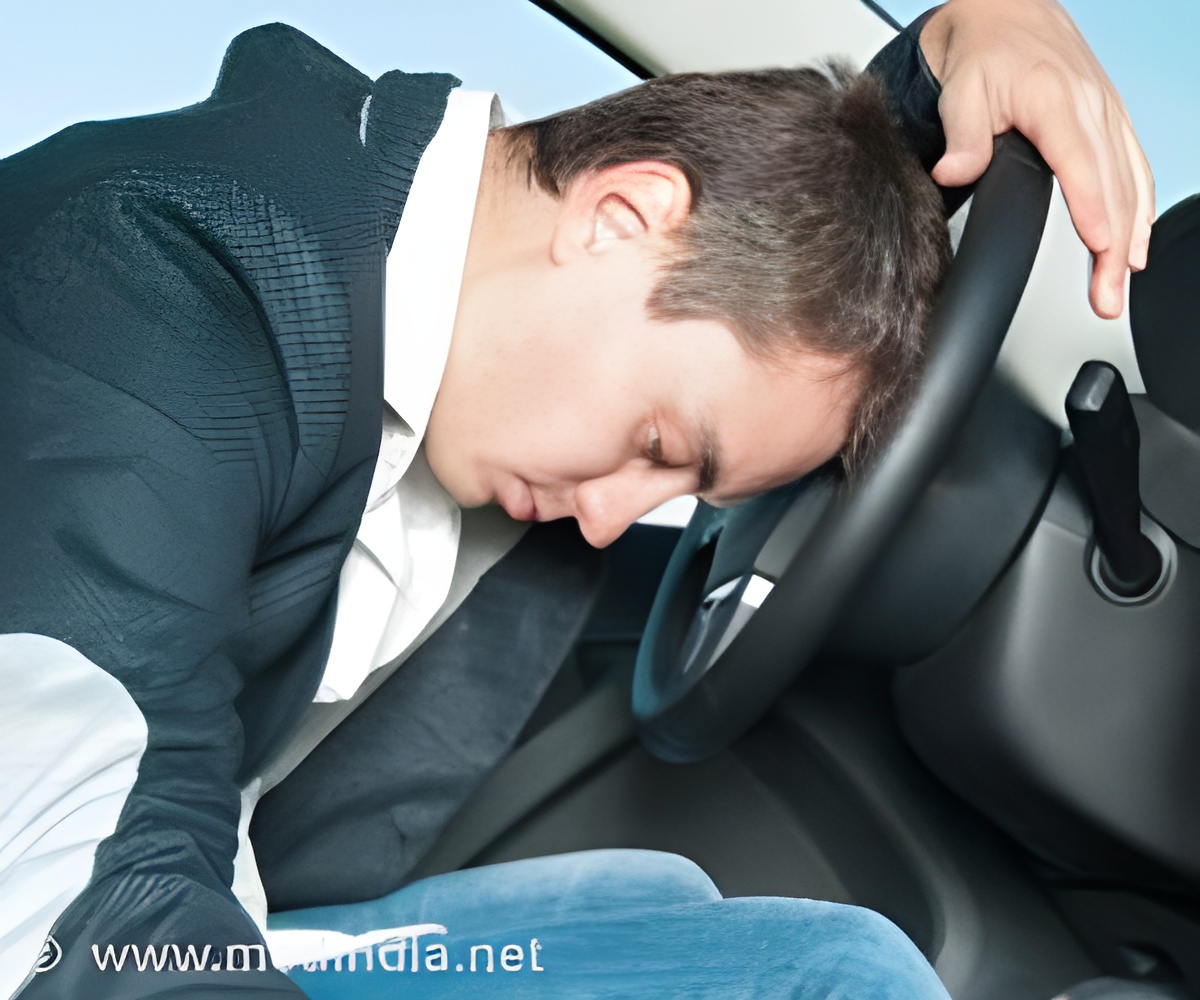For people who are 55 or older, a single serving may hit them hard enough to make them a dangerous driver, reveal researchers.

They found that although neither age group imbibed enough alcohol to put them over the legal driving limit, a blood alcohol level of 0.08, just one drink can affect the driving abilities of older drivers.
At the beginning of the study, both groups completed a driving task completely sober. The task took the drivers down a simulated winding 3-mile stretch of country road. The drivers stared straight ahead at a large computer monitor. Two computer monitors flanked the first, mimicking the side windows of a car and what the drivers would see in their peripheral vision.
A stereo system played driving sounds. A console included a steering wheel and brake and gas pedals. Occasionally, the drivers would encounter an oncoming car, but they did not encounter other distractions.
On a later day, the groups were further separated into groups. The first imbibed a placebo - a diet lemon-lime soda misted with a negligible amount of alcohol to mimic the experience of drinking alcohol.
A second group's drink was strong enough to produce a 0.04 percent breath alcohol level, and a third group's drink gave them a breath alcohol level of 0.065 percent - still below the federal legal level for drinking of 0.08.
Advertisement
The study findings have been published in the journal Psychopharmacology.
Advertisement










